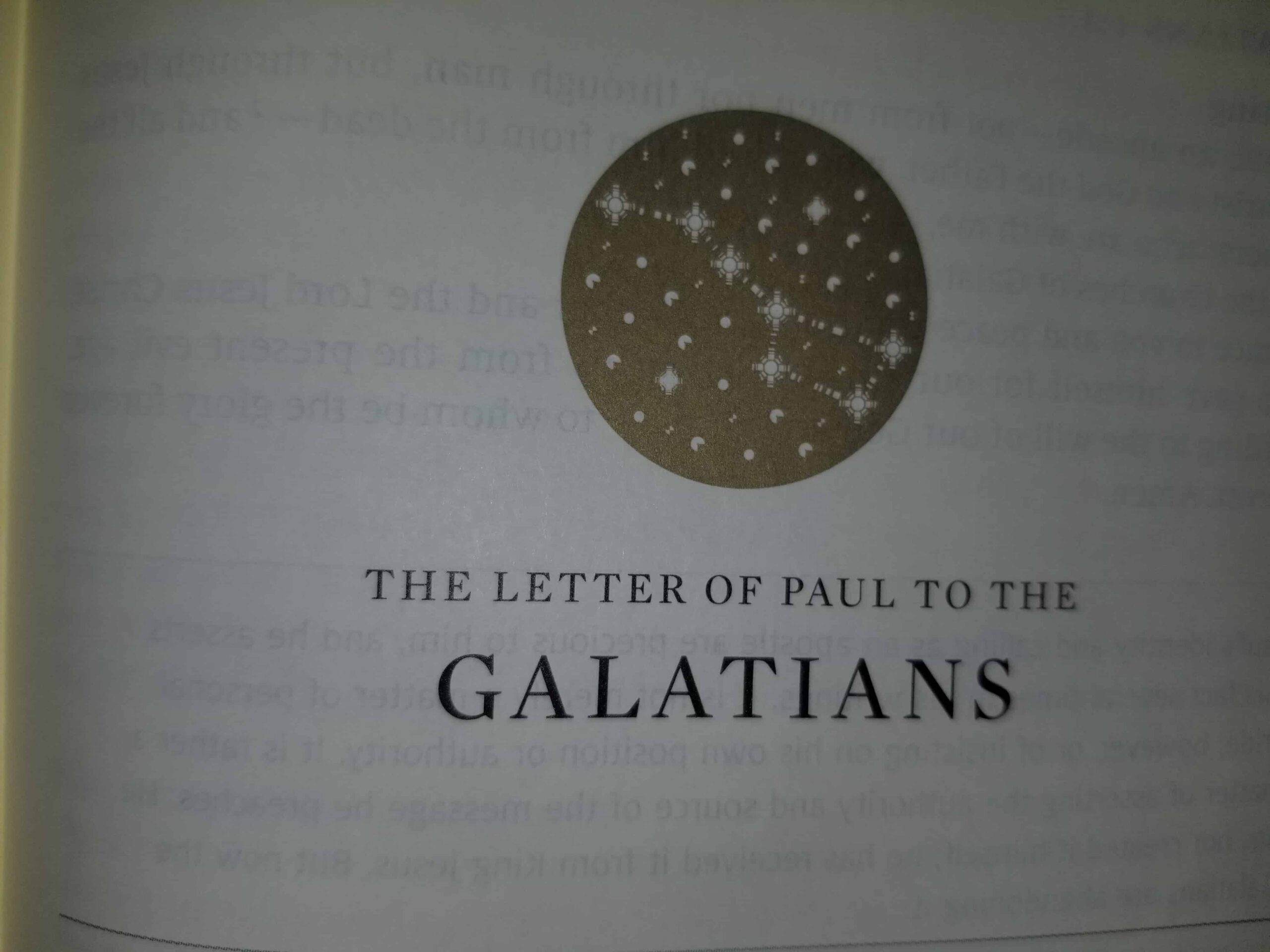⏱️ Estimated Reading Time: 4 min read
Galatians 3:15-16, “To give a human example, brothers: even with a man-made covenant, no one annuls it or adds to it once it has been ratified. Now the promises were made to Abraham and to his offspring. It does not say, “And to offsprings,” referring to many, but referring to one, “And to your offspring,” which is Christ.”
As an attorney, I know something about human wills and contracts. When a client asks me about their rights and duties in a particular situation, I want to see what legal documents are in place – all of them. The most recent document may or may not change earlier ones, depending on how carefully each was crafted.
As Paul notes, certain legal documents are irrevocable, making them impossible to cancel or change after they have been ratified, meaning all the proper formalities have been met. This begs the question, how much more impossible would it be, to cancel or change a covenant made by the living God?
Note that legal instruments are not an exact parallel to covenants established by God. Even Paul seems to apologize slightly for this “human example.” Human promises and agreements may involve some degree of negotiation between people with similar bargaining power. And crafty attorneys have ways of finding loopholes to get around undesirable provisions. Not so for covenants between the Lord and his people. The Lord establishes his covenants on his terms, and his chosen people are bound to obey.
The Judaizers are focused on one particular covenant, the law of Moses (complete with voluminous commentary and regulations of their own making). But Paul reminds the Galatians that there was a prior covenant, which the law of Moses did not annul or change. God made promises to Abraham, hundreds of years before Moses was even born. These promises are found in Genesis.
· Genesis 12:1-3: God calls Abraham (formerly Abram) out of his own country, to a new land. God promises to make Abraham a great nation, to bless him, and to bless all the families of the earth through him. Abraham obeyed God’s call.
· Genesis 13:14-18: God again promises to give Abraham the land of Canaan, and to make his offspring without number, “as the dust of the earth.”
· Genesis 15:1-21: Although Abraham is childless, God again promises to make his offspring without number, like the stars. God confirms his promise, of land and of offspring, by a ceremony of blood sacrifice. This “ratification” emphasizes the fact that God’s promise to Abraham is irrevocable.
The Bible says that Abraham “believed the Lord, and he counted it to him as righteousness.” (Genesis 15:6). God did not give Abraham any works to perform in order to receive these irrevocable promises. In fact, all of the above promises take place before God gives Abraham the covenant of circumcision (Genesis 17:1-14).
Back in Galatians, Paul raises the subject of God’s promises to Abraham, and to his offspring. “Offspring” is a collective noun, which can be used to refer to one or more people. But here, Paul emphasizes the limited, singular nature of God’s promise. God did not make his promise to Abraham’s “offsprings,” plural, but to his “offspring,” singular.
First of all, not all of Abraham’s children were included in the promise. Ishmael, Abraham’s son by Hagar the Egyptian servant, was specifically excluded. Only Isaac, the miraculous son of Abraham’s barren wife, was the child of the covenant. (Genesis 17:18-21).
But Paul’s point is even more singular. Paul states that the one true offspring of Abraham, the fulfillment of the Abrahamic covenant, is Christ. Only through Christ can all the nations — Jews and Gentiles — be blessed, as God promised. And only through Christ can Abraham have offspring as numerous as the dust or the stars. “And if you are Christ’s, then you are Abraham’s offspring, heirs according to promise.” (v. 29).
We remember an even earlier promise that God made to Adam. The offspring of Eve would crush the head of the serpent, even as the serpent struck his heel; the curse of sin would be reversed. (Genesis 3:15). God’s promise continued through the millennia, through Abraham, and later Moses and David. Finding its fulfillment in Christ, the singular offspring has multiplied. It fills not just the land of Canaan, but finally, the whole world.



